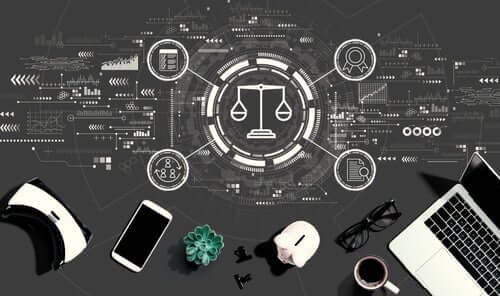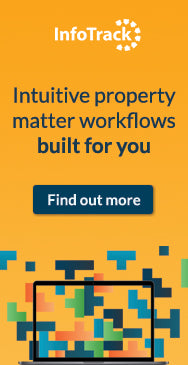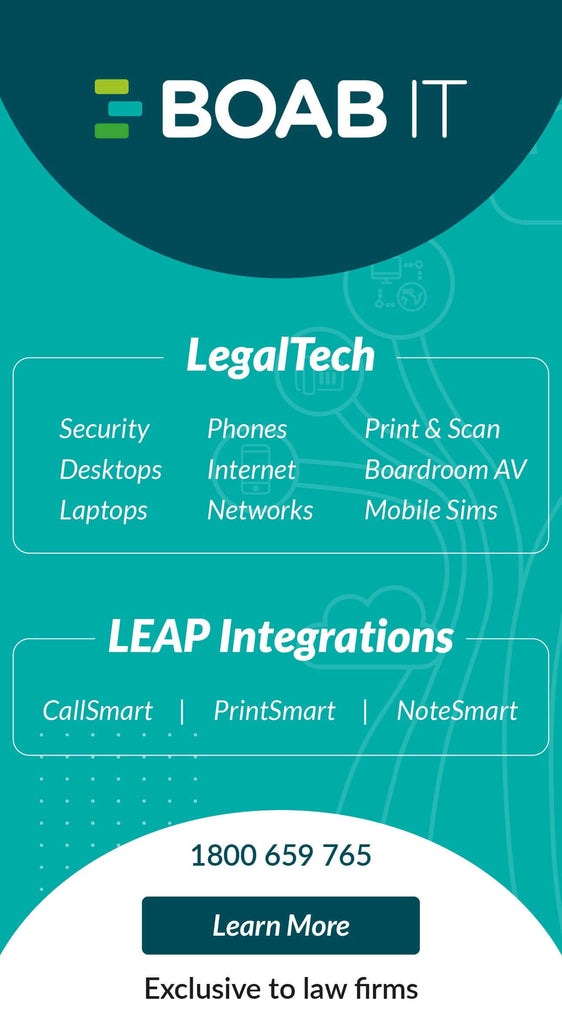
Tech Gadgets Shaping Legal Excellence in 2024
In the ever-evolving landscape of the legal industry, staying ahead of the technological curve is imperative for lawyers aiming to enhance efficiency, productivity, and client service. As we step into 2024, a plethora of cutting-edge gadgets are reshaping the way legal professionals work. From wireless laptop charging pads to voice-to-text automation recorders and biometric attendance systems, let's explore the must-have gadgets that are prevalent for lawyers in 2024.
The incorporation of the latest technologies is no longer considered a luxury but rather a necessity for legal practitioners aiming to thrive in an increasingly digitised world. These state-of-the-art gadgets not only streamline workflow processes but also reshape the traditional methods of legal work, fostering a more agile and responsive approach.
Wireless Laptop Charging Pads:
The era of grappling with entangled cords and scrambling for available power outlets is now a thing of the past. For lawyers constantly on the move, wireless laptop charging pads have evolved into an essential tool. With a plethora of brands and models to choose from, these charging pads eradicate the necessity of traditional cables. These sleek and user-friendly devices empower lawyers to charge their laptops wirelessly, presenting a hassle-free and efficient means to ensure their devices are consistently primed for action. This technological advancement not only streamlines workflow but also injects a modern touch into the legal workspace.
These pads not only heighten the convenience of charging but also foster a tidy and well-organised workspace. This enables legal professionals to concentrate on their tasks without the encumbrance of tangled cables. Among the popular options are those featuring multi-device support and rapid charging capabilities, exemplified by brands such as Lenovo and RAEGR.
Voice-to-Text Automation Recorder:
Effective note-taking stands as a fundamental pillar of legal work, and in the year 2024, voice-to-text automation recorders have become essential instruments for lawyers. Representing a revolutionary advancement in the legal tech landscape, voice-to-text automation recorders empower legal professionals to transcribe spoken words into written text with remarkable precision. This not only saves valuable time but also mitigates the risks associated with manual transcription errors. Such a transformative tool proves particularly advantageous for legal practitioners involved in client meetings, court proceedings, or the dictation of case notes, significantly boosting overall documentation efficiency.
Leading brands like Sony and Olympus offer devices designed to transcribe recorded audio into text, streamlining the note-taking and documentation processes. These devices harness sophisticated natural language processing algorithms to convert spoken words into written text in real time. This not only facilitates time savings but also enables legal professionals to seamlessly capture ideas, insights, and interactions with clients. Furthermore, these recorders can integrate seamlessly with case management systems, enhancing the organisation and accessibility of crucial information.
Biometric Attendance Systems:
Within law firms, the integration of biometric attendance systems has become essential, providing a secure and effective method for monitoring time and attendance. These systems employ distinctive biological markers such as fingerprints or facial recognition to authenticate individuals, ensuring precise timekeeping and reducing the potential for unauthorised access. This not only enhances the accuracy of the billing process but also fortifies the confidentiality and security of sensitive legal information.
In the realm of law firms and legal departments, maintaining precise and secure attendance records holds paramount importance. The prevalence of biometric attendance systems has grown, offering a secure and efficient solution for monitoring and managing staff attendance. Fingerprint and facial recognition systems offered by companies like ZKTeco and Suprema exemplify the commitment to secure and efficient attendance management.
Smart Briefcase with Integrated Charging Hub:
In the year 2024, the conventional briefcase experienced a technological transformation. Contemporary smart briefcases are now furnished with integrated charging hubs, providing lawyers with the ability to recharge their devices while on the move. Brands such as Solgaard Lifepack Backpack and Mark Ryden offer smart briefcases featuring charging capabilities. These modern briefcases commonly incorporate various USB ports, wireless charging pads, and, in some cases, even solar panels to harness sustainable energy. This harmonious blend of style and functionality guarantees that lawyers can remain connected and fully charged, irrespective of location.
Smartwatches and Legal Wearables:
Well-known smartwatches like those from Apple, Samsung, and Garmin can seamlessly integrate with legal applications to receive real-time case updates and notifications. Legal practitioners can leverage these wearable devices to stay connected without the need to retrieve their smartphones.
Secure Communication Devices:
Phones designed for security, featuring end-to-end encryption, like the Silent Circle's Blackphone, offer lawyers a protected platform for confidential communication.Subscribe to the Legal Practice Intelligence fortnightly eBulletin. Follow the links to access more articles related to the business of law and legal technology.
Disclaimer: The views and opinions expressed in this article do not necessarily reflect the official policy or position of Novum Learning or Legal Practice Intelligence (LPI). While every attempt has been made to ensure that the information in this article has been obtained from reliable sources, neither Novum Learning or LPI nor the author is responsible for any errors or omissions, or for the results obtained from the use of this information, as the content published here is for information purposes only. The article does not constitute a comprehensive or complete statement of the matters discussed or the law relating thereto and does not constitute professional and/or financial advice.





